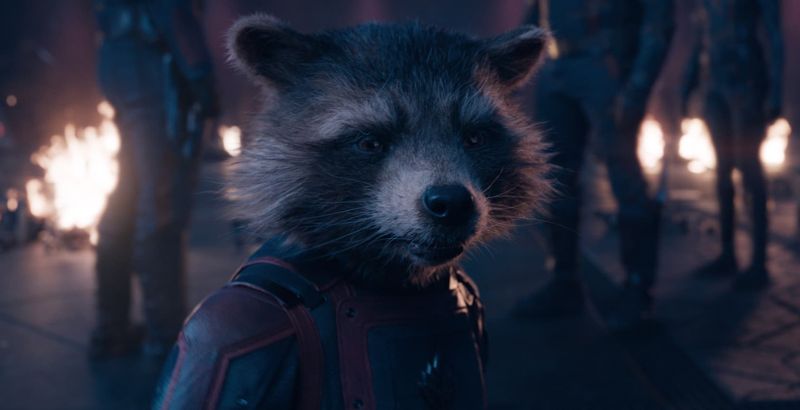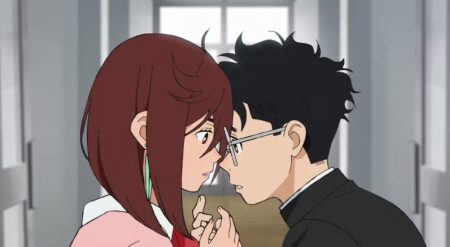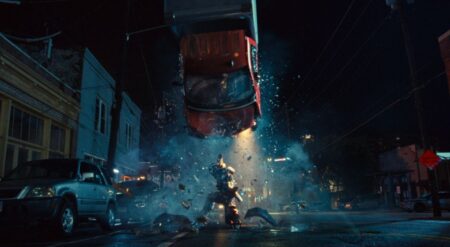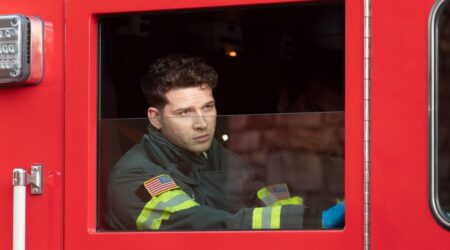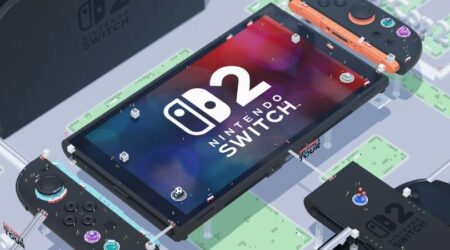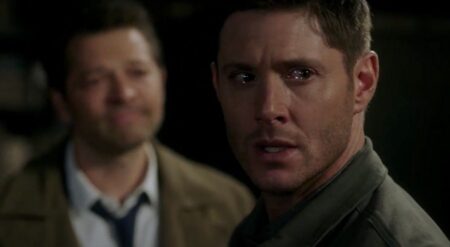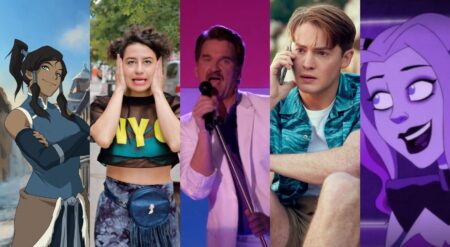The following contains spoilers for Rocket Raccoon’s arc in Guardians of the Galaxy Vol. 3
With Guardians of the Galaxy Vol. 3, James Gunn completed the beautiful yet devastating arc of a character he called the “secret protagonist” of the Guardians movies: Rocket Raccoon, voiced by Bradley Cooper and motion captured by Sean Gunn. We learn about his tragic past, how he was confined as a baby raccoon, and how the High Evolutionary brutally experimented on his body and later killed his friends. It’s a profoundly painful story that has caused many tears in theaters across the globe and whose effectiveness is not the product of a single film i the MCU, but of the brilliant writing and directing of Gunn, who carefully developed the Rocket Raccoon character throughout the entire franchise.
We are Groot
Rocket Raccoon has always been a deeply sad character. I still remember the gasp of the audience when, in the Kyln cell sequence of the first film, we see Rocket’s back. In fact, Star Lord’s eyes kind of represent the audience: in them, we see confusion, surprise, and a touch of compassion. Up to that point we had seen an ironic, brash, and confident mercenary, but the metallic pieces among a sea of fur immediately changed the perception of the character. This is the first sign of Rocket’s tragic past.
When I was a teenager I had a rabbit pet that I adored, and his sudden death gave me such pain that, for many years, I refused to adopt other animals. To shield myself from feeling that pain again, I created a barrier that kept me from loving. But love eventually found me anyway and convinced me that it was okay to let my guard down and trust again. And it was thanks to this that I started to learn more about myself and my emotions. This is what happens with Rocket in the first Guardians of the Galaxy movie.
Among this group of imperfect beings with stories of loss, Rocket is the most hesitant to accept the burgeoning bond of friendship; we didn’t know it at the time, but Rocket was living with the heavy weight of his tragic experience at the hands of the High Evolutionary (played by Chukwudi Iwuji). He doesn’t want to trust because he’s afraid of reliving the pain. And even though love eventually wins and Rocket finds a new family, we get the feeling that the solitude is still there during the next movies.
The forever and beautiful sky
“I didn’t ask to get made! I didn’t ask to be torn apart, and put back together, over and over and turned into some… some little monster,” screams a drunk Rocket in the middle of a Knowhere casino in Guardians of the Galaxy. This scene, which hits even harder after watching Vol. 3 for obvious reasons, is the first and only time Rocket directly addresses his origin. The trigger of this outburst is a constant for the rest of the franchise: people treating him like an inferior being and calling him all sorts of names except his own.
Rabbit, rat, rodent, squirrel, hamster, fox. A mix of anger and sadness comes across Rocket’s face whenever someone calls him one of these names. This is because “Rocket” is more than just a name. It’s a reminder of the hope and dreams he once felt alongside his friends, therefore being misnamed is almost like an insult to that brief period of light in his life. Plus, the animal names probably remind him of those dark years of imprisonment.
But there’s more. When called “raccoon” by Quill in the first movie, he replies “What’s a raccoon?”. The misnaming is also a constant reminder that he doesn’t really know what he is, and that he’s unable to fully accept himself. And how could he? He’s the result of a heartless experiment, he’s never known other beings like him. In fact, by being labeled 89P13, he was stripped of his identity by his creators, as if he was just a code, a worthless being with no personality.
It’s until the third act of Vol. 3 that Rocket finally comes face to face with the living beings that represent his origin. By embracing them, he accepts himself. This is why, when Rocket corrects the High Evolutionary shortly after, you feel this immense sense of relief and joy for him. He’s Rocket Raccoon, and he’s damn proud of finally accepting it.
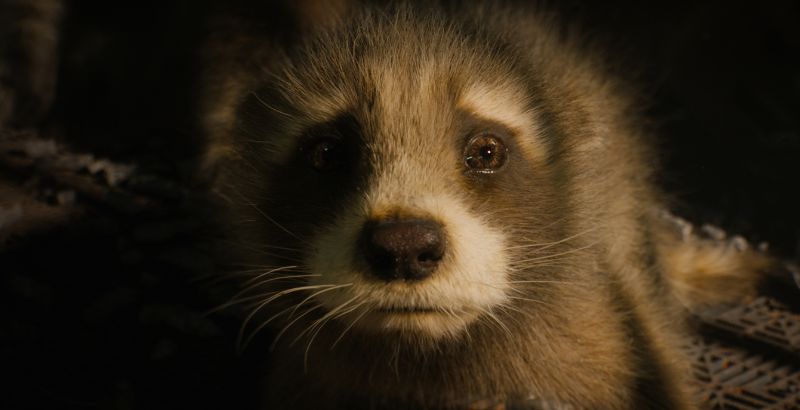
What kind of a pair are we?
In Vol.1, the fight between Rocket and Drax in Knowhere leads to the latter drunkenly summoning Ronan to try to avenge his family only to get his butt kicked. Groot is quick to comfort Drax who admits his anger “was just to cover his loss.” For a couple of seconds, we see the sadness in Rocket’s eyes, probably remembering his own loss, before reverting to anger. “Everybody’s got dead people. It’s no excuse to get everybody dead along the way!” he yells. This mix of tough love and protectiveness is something we see from him throughout Vol. 1 and Vol. 2.
Rocket feels guilty about the deaths of Lylla (an otter), Teefs (a walrus), and Floor (a bunny rabbit), his fellow test subjects, but more importantly his friends. He feels that they died because he didn’t protect them, so now he’s determined to protect all the people close to him, after all, it was Lylla who first offered him protection —it was the first thing he learned after being created, so that is his way of showing love. But it’s a twisted love that often leads to tensions with Quill in Vol. 2, a film that is all about learning to live with family.
During a persecution involving the Sovereigns, Rocket gets in a piloting fight with Star-lord which ends with a wrecked ship and a truly hurtful dialogue exchange between them. “What is your goal here? To get everybody to hate you? Because it’s working,” says a disappointed Quill. Seeing Rocket’s sad reaction to this line is incredibly painful. Fleetwood Mac’s The Chain playing over this scene makes the complexity of Rocket’s feelings even more powerful.
It might seem that Rocket was being egotistical during the piloting struggle, but deep down he was trying to protect Quill, but that’s the only way he knows how to show love. This is portrayed in Vol. 1 too with Rocket’s constant insults toward his best friend Groot —insults that eventually generate regret when, after the tree’s death, Rocket mutters to himself “I called him an idiot” while holding a handful of twigs. To further recognize how he deals with his inner pain, Rocket gets a helping hand from Yondu in Vol. 2.
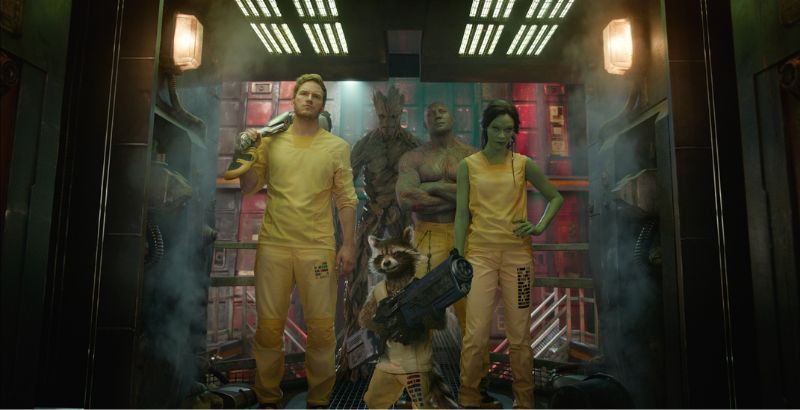
When traveling to Ego’s (Kurt Russell) planet, Rocket claims he wants to save Peter Quill to prove that he’s better than him; however, Yondu is an emotionally scarred being too, so he sees right through his hollow words. What follows is a Yondu speech that, much like many moments involving Rocket Raccoon in Vol. 1 and Vol. 2, feels even more important and painful after watching Vol. 3.
“I know who you are. I know everything about you. I know you play like you’re the meanest and the hardest but, actually, you are the most scared of all… I know you push away anyone who’s willing to put up with you because just a little bit of love reminds you how big and empty that hole inside you actually is. I know them scientists that made you never gave a rat’s ass about you, just like my own damn parents who sold me, their own little baby, into slavery. I know who you are, boy. Because you’re me.”
Although briefly, Rocket connects with Yondu which makes his death even more tragic for him. It’s no coincidence that the very last frame of Vol. 2 is a medium close-up shot of Rocket crying. But on his face, there’s a smile too. In the middle of this bittersweet ravager goodbye, he understands that Yondu is loved and he, Rocket, is loved too. If something were to happen to him, his chosen family would be there to say goodbye.
By the end of the film, Rocket has also learned about how he hides his pain and shows love. In the midst of the ravager’s funeral, there’s a heartfelt moment of self-reflection by Rocket. “He didn’t chase them away. Even though he yelled at them. And was always mean,” he says. “Well, of course not,” says Quill in a beautiful moment of reconciliation.
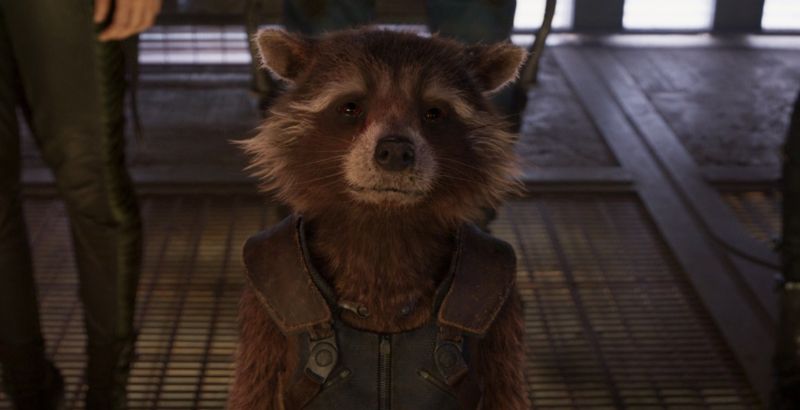
I could lose a lot
Although the Russo brothers were quite tasteless when handling the Guardians in Avengers: Infinity War and Avengers: Endgame, thankfully James Gunn had some input on his characters, and he made damn sure to keep developing Rocket. In the first crossover film, while traveling to Nidavellir, Rocket tries to talk about loss with Thor (who recently lost his mother, father, and brother) in a brief scene; as he did with Yondu, he wants to connect with someone else who’s gone through similar hardships. The God of Thunder hides his pain and brushes the emotional issue aside. “What more could I lose?” asks Thor. “I could lose a lot,” mutters Rocket.
And lose he does. After the infinity stones are assembled and the Thanos Snap happens, Groot disappears right in front of him and later, he learns that the rest of the Guardians team has disappeared too. Only Nebula is left. The little moment when Rocket Raccoon grabs Nebula’s hand and they sit side by side in silence is absolutely heartbreaking.
Rocket and Nebula bond over the five-year period of the Snap and Gunn makes sure to showcase the power of their friendship in Vol. 3.; Nebula is dead set on saving his friend and when she finally gets the news that he’s safe, she’s visibly moved. It’s the most emotion we’ve seen Nebula show up to that point.
The story was always yours. You just didn’t know it.

By the time Vol. 3 arrives, Rocket Raccoon has suffered more than everybody else. He’s lost his best friend Groot (the next Groot we know doesn’t have the memories of the adult one we meet in Vol. 1), a hurt soul like him in Yondu, the entire Guardians team during the Snap, and Gamora (at least the one he knew). Radiohead’s Creep hits hard because at this point more than ever, Rocket feels like the saddest being in the galaxy.
“It hurts” is Rocket’s first word after being experimented on. We soon learn, through flashbacks, the specifics of the horrific torture he endured at the hands of the High Evolutionary, as well as the murder of his three first friends. “This is worse than what Thanos did to me,” says Nebula when learning the cruelty his friend suffered.
Suddenly, it all makes sense. The underlying sadness of Rocket throughout the franchise, his reluctance to speak of the past, his commitment to protect his loved ones, his unspoken need for love, and even his obsession with body parts. Through long-term rich storytelling, James Gunn made him a fully developed, tridimensional character that connected with millions of people around the world. Yes, the story of The Guardians of the Galaxy had always been Rocket’s, we just didn’t know it.
Rocket Raccoon had always been protecting everyone, but in Vol. 3 it was his turn to be protected by his friends. Seeing how love, the motif of this franchise, pushes the Guardians to save his friend is profoundly beautiful, and it all leads to an unforgettable finale where our beloved Rocket has finally learned to embrace himself and the love of everyone around him. Sadness is behind, dog days are over and, to the rhythm of Florence + the Machine, it’s time to realize that there is always light at the end of the tunnel. It’s time to find happiness and celebrate love and empathy alongside Captain Rocket and a team of galactic heroes that we will never forget.
The last frame of Guardians of the Galaxy Vol. 3 is, once again, Rocket Racoon smiling. But this time there are no tears on his face. There’s only joy. The joy he has always deserved.

